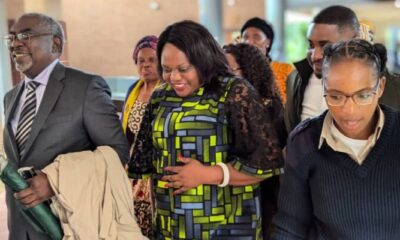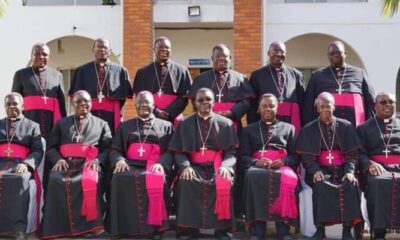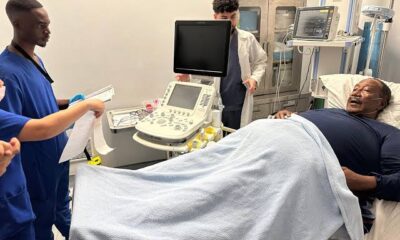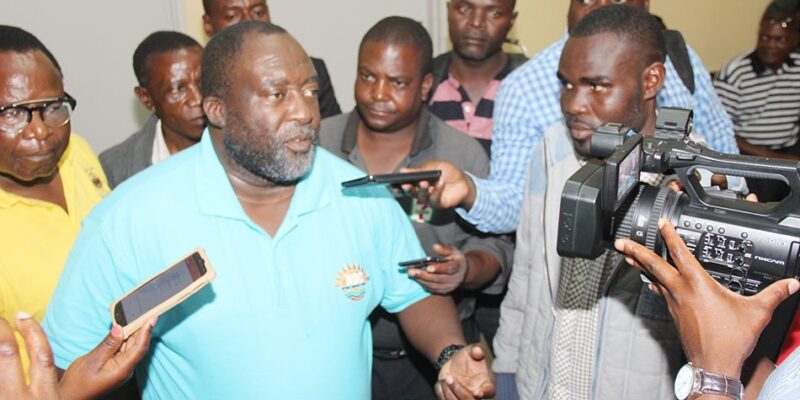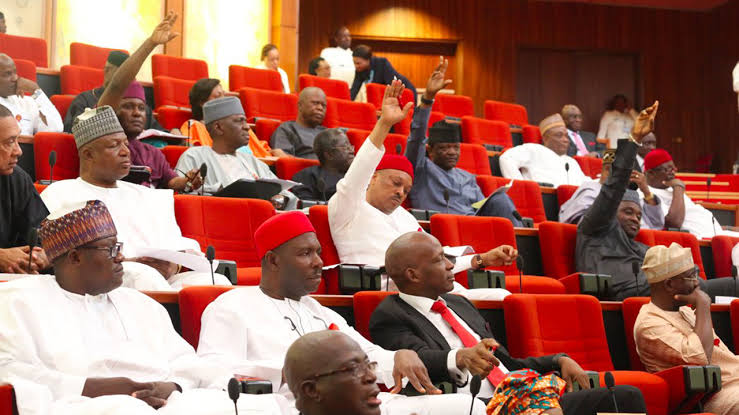The introduction of multiparty democracy in Zambia in 1991 by the Movement for Multiparty Democracy (MMD) also saw the emergence of independent media houses such as Radio Phoenix, Choice FM, and The Post Newspapers.
These outlets have since played a crucial role in the country’s democracy by holding those in power accountable.
Independent media like Radio Phoenix and The Post Newspapers were instrumental in advancing investigative journalism and critical reporting on government actions and policies.
However, their efforts have not been without challenges.
Before and after assuming office, President Hakainde Hichilema and his officials in the Ministry of Information and Media have repeatedly assured the nation of a free media environment, free from harassment and intimidation.
During his inauguration in August 2021, President Hichilema declared that the media would operate independently.
“The fourth estate, as I said, the media will be freed. For you, the media, you will be truly free; you will operate independently without looking over your shoulder, who is teargassing you, who is shutting down your radio station, who is shutting down your television station because you said something that we do not like. It is your role to self-regulate; it is your role to report fairly, responsibly so you can build this society to be at a level never seen before. That is your responsibility.
“Responsibility comes with obligation. Sort out the mess amongst yourselves, but you have to have the freedom to do that,” President Hichilema stated, adding that the media would coordinate with other sectors to actualise his vision for Zambia.
Despite their role in providing diverse perspectives and fostering informed public discourse, independent media houses continue to face significant challenges.
These included government restrictions, censorship, political pressure, limited resources, inadequate funding, concerns over media ownership and control, and online harassment from ruling party members.
A recent incident involved Mpika-based, Catholic-owned Yusuf Radio, which was stormed by suspected cadres on August 25, 2024.
The cadres intended to disrupt a political radio programme scheduled to feature opposition leader Harry Kalaba.
MISA Zambia Chairperson, Lorraine Mwanza-Chisanga, condemned the action, calling it an affront to freedom of expression as provided for in the Zambian Constitution under Article 20, as well as international laws to which Zambia was a signatory.
“Such actions are not only a threat to democracy but also to the role of the media in facilitating democracy. We call on the authorities to bring to book the culprits behind this unruly behavior in order to prevent future occurrences,” Mwanza-Chisanga said.
In another incident in Lusaka, unknown individuals broke into KBN Television and stole studio equipment and laptops worth K260,000, according to police reports.
KBN Television Chief Executive Officer, Kennedy Mambwe, described the theft as an assault on press freedom.
“This is a very sad day for us at KBN TV but also a very sad day for the media in Zambia. It is quite unprecedented that armed robbers could break into a TV station in the dead of night and take sensitive electronic equipment that we use for live transmission,” Mambwe stated.
In 2024, an alleged UPND cadre named Vincent Ngandu threatened to set Diamond TV on fire in a Facebook post, writing, “Diamond TV, you are irritating to say the least. Don’t invite demons upon ourselves. One day you will find that station on petrol fire. Diamond TV Zambia, you are promoting anarchy in the country.”
During an interview on Diamond TV, the station’s Chief Visionary Officer, Costa Mwansa, expressed frustration with Ministry of Information and Media Permanent Secretary, Thabo Kawana, for referring to him as “notorious.”
Mwansa was questioning Kawana on why he had threatened to close down certain media houses, despite having been a victim of media suppression under the previous administration.
Defending his remarks, Kawana said media houses should take his words as a “kind reminder to be careful.”
When Mwansa pressed further, Kawana accused him of being notorious for suggesting that he was threatening media houses.
Respected academician, Dr. Sishuwa Sishuwa, in 2023, accused State House of threatening privately-owned Hot FM radio for featuring him on their morning show.
According to his tweet, Sishuwa claimed, “State House Communications Expert, Clayson Hamasaka, called the radio station and complained against him.”
Days later, the Independent Broadcasting Authority (IBA) wrote to Hot FM expressing displeasure with one of the anchors on the programme, a complaint that was dismissed by the station’s management.
On November 27, 2023, MISA Zambia reported an attempt to disrupt a live programme on Mazabuka Radio during the “Community Issues” breakfast show.
The programme, dedicated to discussing various community matters in Mazabuka, was allegedly interrupted by UPND cadres.
These incidents are just a few examples of the ongoing threats faced by independent media houses that, on a daily basis, expose corruption, wrongdoing, and hold those in power accountable.
Several stakeholders have called for the strengthening of independent media in Zambia by supporting them through funding and resources, promoting media literacy and critical thinking, and advocating for press freedom and the protection of journalists.
Additionally, they emphasise the need to encourage diverse media ownership and representation and to foster a culture of transparency and accountability.
By supporting independent media, Zambia can foster a more robust democracy, ensuring accountability, transparency, and inclusive public discourse.
This story is sponsored by Project Aliyense.

 Metro2 days ago
Metro2 days ago
 Sports2 days ago
Sports2 days ago
 Culture2 days ago
Culture2 days ago
 VenturesNow2 days ago
VenturesNow2 days ago




